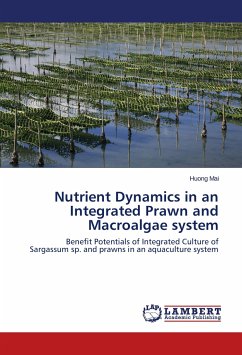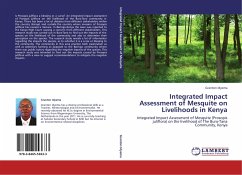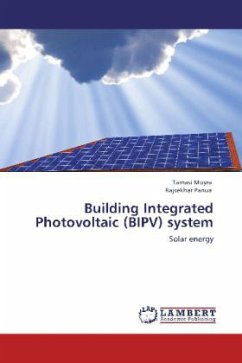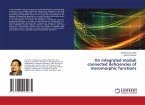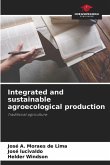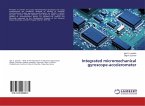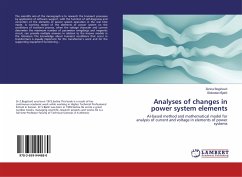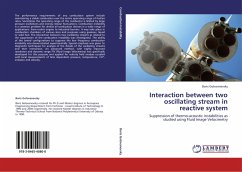Due to the high amount of inputs which produce undesirable wastes in aquaculture systems, the development and application of technologies in reducing nutrient wastes from prawn ponds have been examined. At present, integrating seaweed with intensive aquaculture systems is considered a viable solution to increase overall profits, social benefits and diversified production. At present, there are many seaweed species which are integrated with animal species in order to recycle parts of the non-retained nutrients into harvestable products. There are a plenty studies which report that Sargassum sp. is capable of removing a significant proportion of the nutrients excreted by finfish such as salmon, seabream, seabass and tilapia. However, no research has investigated the feasibility or application of the integrated culture of Sargassum sp. and prawn. This book, therefore, provides further knowledge on the nutrient uptake by Sargassum sp. in an integrated aquaculture system. The outcomesof any such research undertaken in this book can also provide the baseline data for the development of Sargassum as a biofilter in aquaculture.
Bitte wählen Sie Ihr Anliegen aus.
Rechnungen
Retourenschein anfordern
Bestellstatus
Storno

